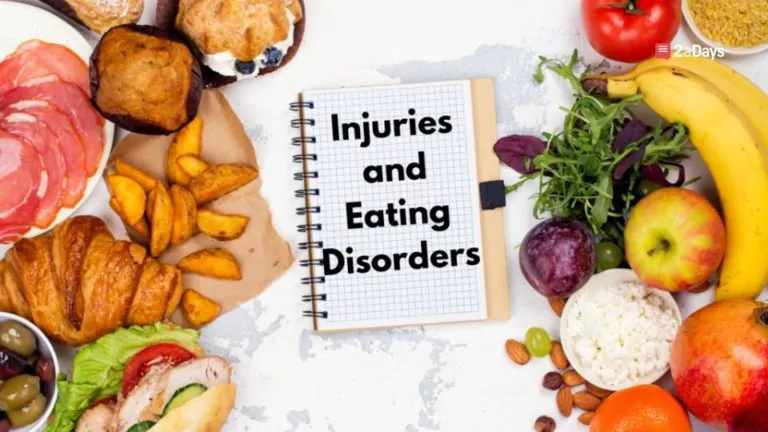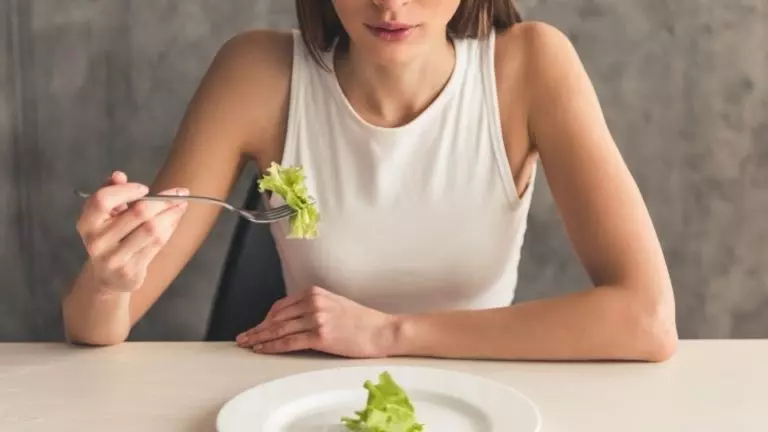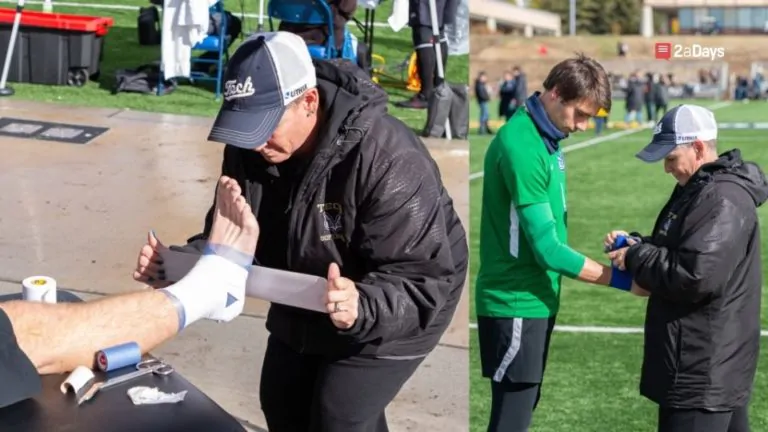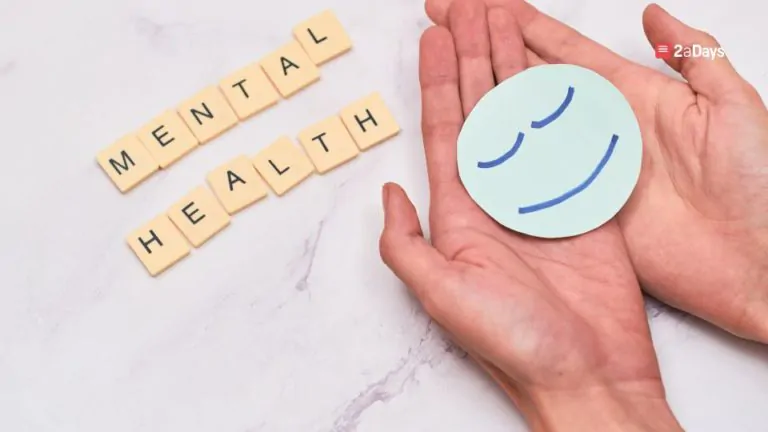College athletics; all about the wins right? From an outside perspective, we never really think about the individual players: who improved the most on the team, who led the team with the best attitude, or who recovered from an injury not only for themselves but also their teammates. Let's step into an athlete's shoes to address injuries: while competing at a high level, practicing 20 hours a week, and being a full-time student, an athlete's body starts to break down.
Getting Injured
Getting injured as a college athlete was one of the hardest things I have experienced. I not only had to deal with the pain of being injured, but the toll it began to take on me as well. I was unsure whether or not I should tell my coach, and whether or not I was “actually hurt.” This led to me losing my self-confidence and thinking I wasn't good enough to push through.
Related: Arielle Sanders: Having an Injury as a College Athlete
It turns out I was actually hurt: my injury required a very serious surgery that took me out of rowing for four months. Throughout those four months, I struggled with feeling like I wasn't part of the team, and that I wasn't doing enough to support the team. I feared losing my scholarship. It was not until I spoke with one of the athletic trainers that I realized these were irrational thoughts, and it's okay to not be okay. When struggling with mental health, the most important thing is to not suffer alone, and when I realized that, it was all upwards from there.
The Unexpected Consequence
One of the greatest challenges that occurred as a result of my injury was that my mental health journey led to a struggle with eating. I felt as though I did not deserve to eat as much as I would while rowing because I was not doing as much as my teammates. This turned into me isolating myself from the team until people started to notice. Being a typically bubbly and outgoing person who loves to eat, my friends started to notice a change, and I am so thankful they did.
Related: Missy Greco's Experience with Eating and Exercise Disorders
When speaking with some teammates who also struggled with injuries, it was reassuring to know that they dealt with similar struggles and came out stronger because of it. Lara Negron, a member of the George Washington Women's Rowing team, suffered a very serious concussion in February 2020. Lara was out of practice and school for a while and found it hard to get by and be “normal:”
“My concussion made all of my preexisting conditions way worse. I couldn't focus on school because my head was constantly hurting. I wasn't really eating since I didn't feel like I was doing enough to eat, and I just didn't feel good about life, being sad all the time.”
According to an article on NCAA.org, “One problematic reaction is when injured student-athletes restrict their caloric intake because they feel that since they are injured, they “don't deserve” to eat. Such a reaction can be a trigger for disordered eating. When a student-athlete is already at risk for disordered eating, this problematic reaction only heightens the likelihood these unhealthy behaviors will worsen.” (NCAA)
Support from Teammates
We all know that being injured as an athlete makes us go a little nuts. But, we don't expect the stir-craziness to spiral into self-confidence issues and eating & exercise disorders. This happens more often than it should, so be there for your teammates when their injured, not just to help them recover, but to let them know they're not alone.
Related: What Athletes Should Know About Post-Injury Depression
* Originally published on September 23, 2021, by Lilly O'Sullivan







